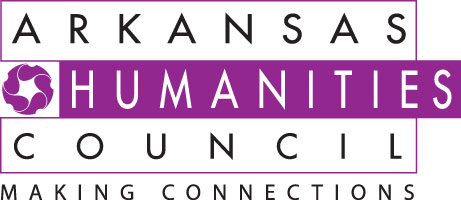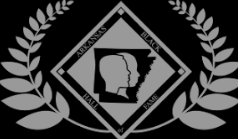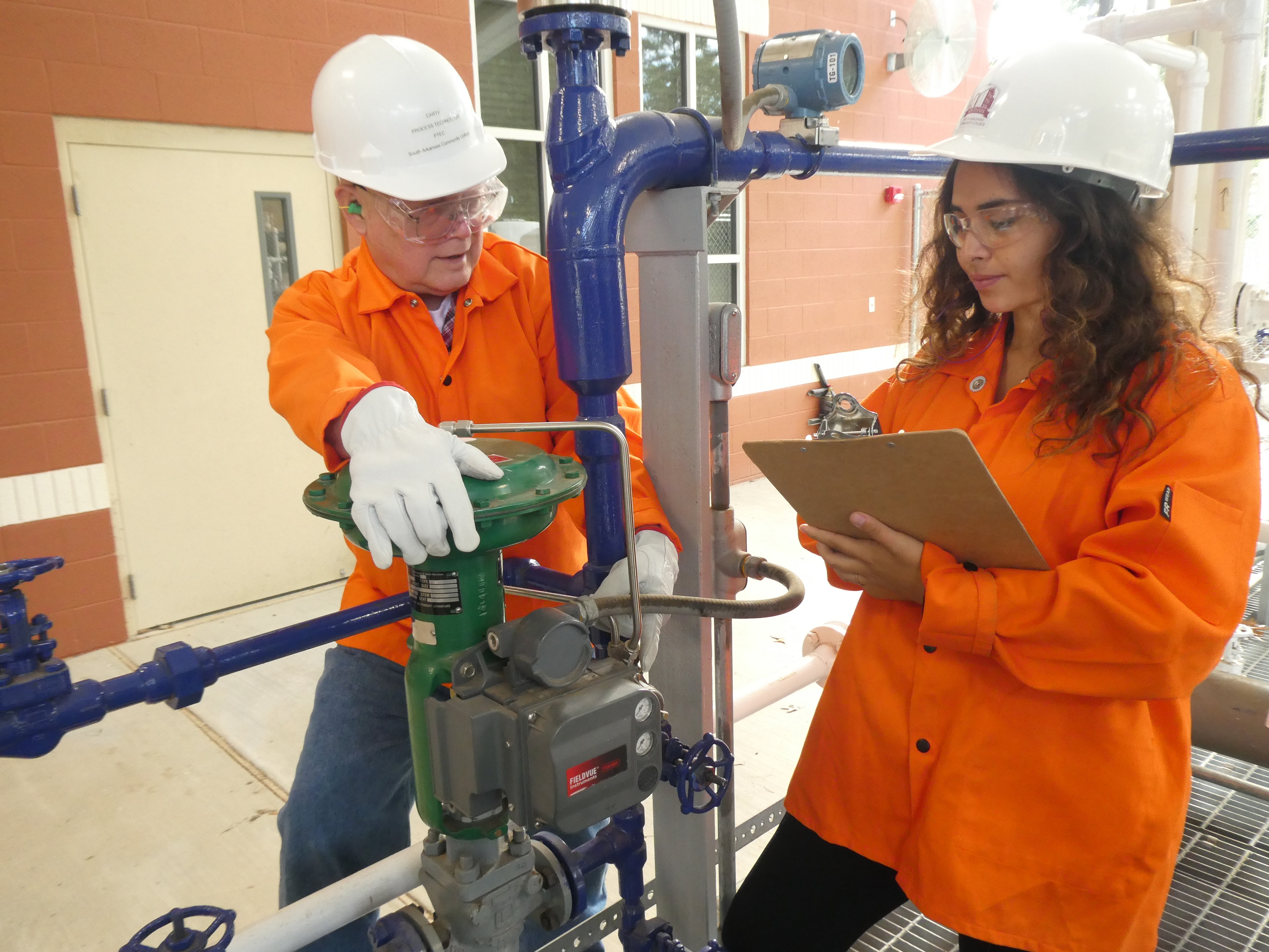Five Steps

Before a grant or other external fund-seeking proposal can be developed, it must be reviewed by the Grants Administrator, and then approved by the Executive Cabinet. This process starts with a meeting between the Grants Administrator and the applicant for the proposed project. This includes small grants from Walmart and other local entities.
Step One:
Please call or email to set up an appointment. This email address is being protected from spambots. You need JavaScript enabled to view it. 870/864.8446
Step Two:
During this meeting, the Grants Administrator will discuss the following topics with you, so come prepared!
| What is your idea or concept? |
| How does it align with the Strategic Plan? |
| What will the budget include? |
| Are external partners required? |
| Are cash or in-kind matches required? |
| Are there requirements to institutionalize grant components or positions? |
| How will the project be sustained after the funding period is over? |
Step Three:
Fill out the External Funding Pre-Approval Form and submit it to the Grants Administrator, who will review it, then send it to the cabinet for approval. This can be done during the initial meeting with the Grants Administrator or on your own, after the meeting has taken place. The Executive Cabinet will review the information and either approve you to move forward with the proposed project or reject it. If approval is not given, then the Grants Administrator will review the proposed project with you and assist in revising it and resubmitting it, if the cabinet has offered this option.
Step Four:
With the cabinet's approval, you can move forward on the writing of the proposal. The Grants Administrator will work with you, setting up a timeline and assisting, as needed. When a full draft of the proposal and budget is ready, the Grants Administrator will review it, make recommendations for changes, if needed, and return the proposal to you for revision. Once a satisfactory draft of the full proposal is achieved, then the Grants Administrator will share it with the cabinet for a final review.
Step Five:
Federal and some state grants require that the proposals and attachments be submitted through an online portal, such as grants.gov or research.gov. The Grants Administrator will have set up a Workspace in one of those portals, if they apply to your project, so that you have access to the documents, but the Grants Administrator will be the one that submits the proposal into the system.
Resources for Grant Writing
Search engines are your friends. Using one is your first step to finding out about grant-writing. There are oodles of free resources online.
| Introduction to Proposal Writing a self-paced, free resource |
Grantspace.org | Sample Documents |
|
*Requires free sign-up This class will provide you with an overview of how to write a standard project proposal to a foundation. It will include:
|
GrantSpace provides easy-to-use, self-service tools and resources to help nonprofits worldwide become more viable grant applicants and build strong, sustainable organizations. | Examples of everything from cover letters to full proposals |
| Grants.gov, soon to be login.gov |
Research.gov (formerly FastLane) |
|
| All federal grants are submitted through this portal, with the exception of NSF grants. A Workspace can be set up, so that groups working together can access the latest version of all documents. | Only NSF grants are submitted through this portal. |
Funding Resource
Funding resources vary greatly. From small grants of just a couple of hundred dollars to big grants in the millions, there are a plethora of options. The key is to find one that funds projects in Arkansas and also has funding priorities that align with your project.







